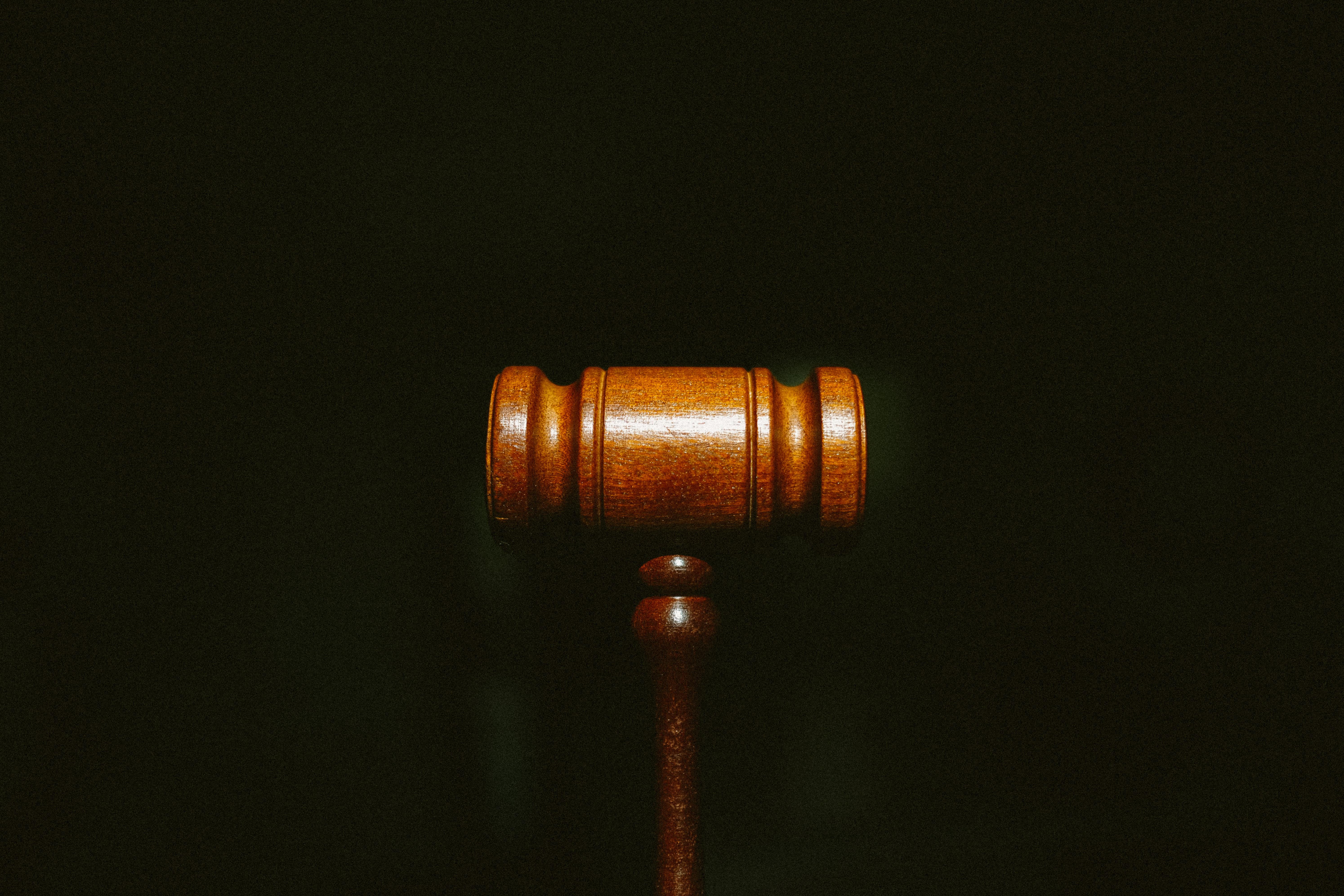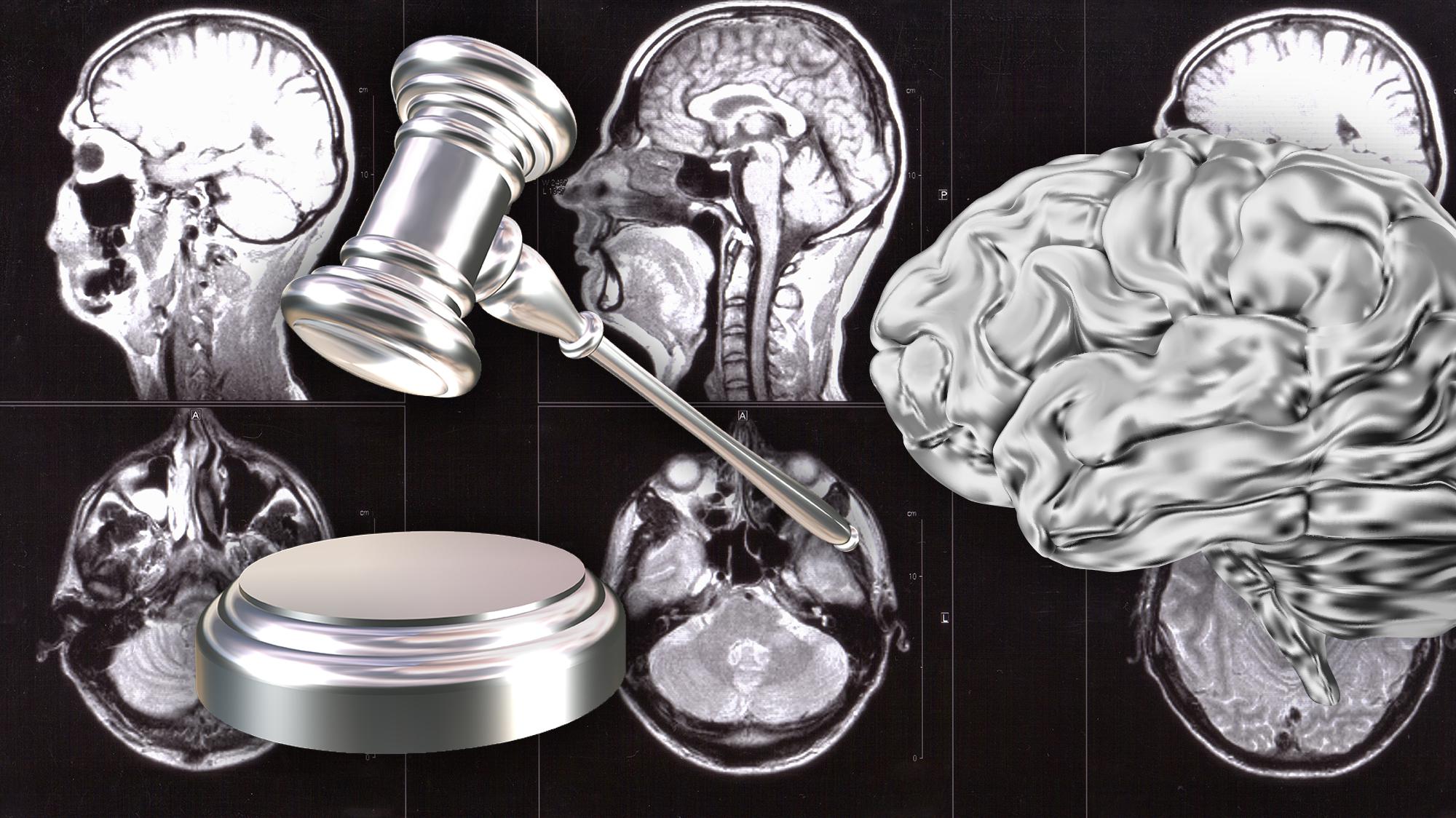law
You don’t need to completely automate a job to fundamentally change it.
For nearly two centuries, courts have relied on the subjective “reasonable person standard” to solve legal disputes. Now, science can help.
The US prison system continues to fail, so why does it still exist?
▸
18 min
—
with
The ‘reasonable person’ represents someone who is both common and good.
One bill hopes to repeal the crime of selling sex and expand social services; the other would legalize the entire sex trade.
7 scholars and legal experts dissect what you can and can’t say in America.
▸
22 min
—
with
It’s “the biggest blow to the war on drugs to date,” said Kassandra Frederique, executive director of the Drug Policy Alliance.
Monopolies wield an immense amount of economic and political power and influence. So what can we do to make the economy more equitable?
▸
5 min
—
with
A new interactive documentary “How Normal Am I?” helps reveal the shortcomings of facial recognition technology.
The Labour Economics study suggests two potential reasons for the increase: corruption and increased capacity.
Stewart is supporting a new bill that aims to extend health care and disability benefits to veterans who served alongside burn pits.
“Our data should be ours no matter what platforms and apps we use,” Yang said.
Mexico City, already progressive, takes more steps to protect its LGBT+ citizens.
The videos raise serious legal and moral questions about police crowd-control tactics.
The costs of prohibition are great, but can people be trusted to make the best decisions for themselves?
▸
6 min
—
with
Despite potential good intentions, interventionist policies are often viewed by classical liberals as violations of individual freedoms.
▸
6 min
—
with
The answer depends on how we choose to balance religious freedom, social inclusion, and the search for self-identity.
In classical liberal philosophy, individual pursuit of happiness is made possible by a framework of law.
▸
with
Can AI make better predictions about future crimes?
Laws can’t stand by themselves. Professor James Stoner explains why.
▸
4 min
—
with
Social media giants aren’t legally obligated to protect free speech. But they should. Former ACLU president Nadine Strossen explains why.
▸
7 min
—
with
A punishment is handed down for performing shocking research on human embryos.
A photo showing two Alabama police officers bragging about a “homeless quilt” made from confiscated panhandling signs raises questions about the constitutionality of panhandling.
For the third time in U.S. history, the House of Representatives voted to impeach a sitting U.S. president.
It’s a victory for homeless advocates on the West Coast, who say criminalizing homelessness is cruel and ineffective.
Scholars often debate risking their livelihoods and personal safety in order to conduct research in certain areas.
“For decades, a national anti-cruelty law was a dream for animal protectionists. Today, it is a reality.”
Image ownership and copyright law are huge considerations for anyone producing digital content these days. Scopio offers hundreds of royalty-free images for use anywhere for any purpose.
Shouldn’t mutually consenting adults be allowed to make these decisions for themselves?
We should care about constitutional rights for all, says lawyer and religious freedom scholar Asma T. Uddin. If they are denied for some, history demonstrates how they may be at risk for us all.





























